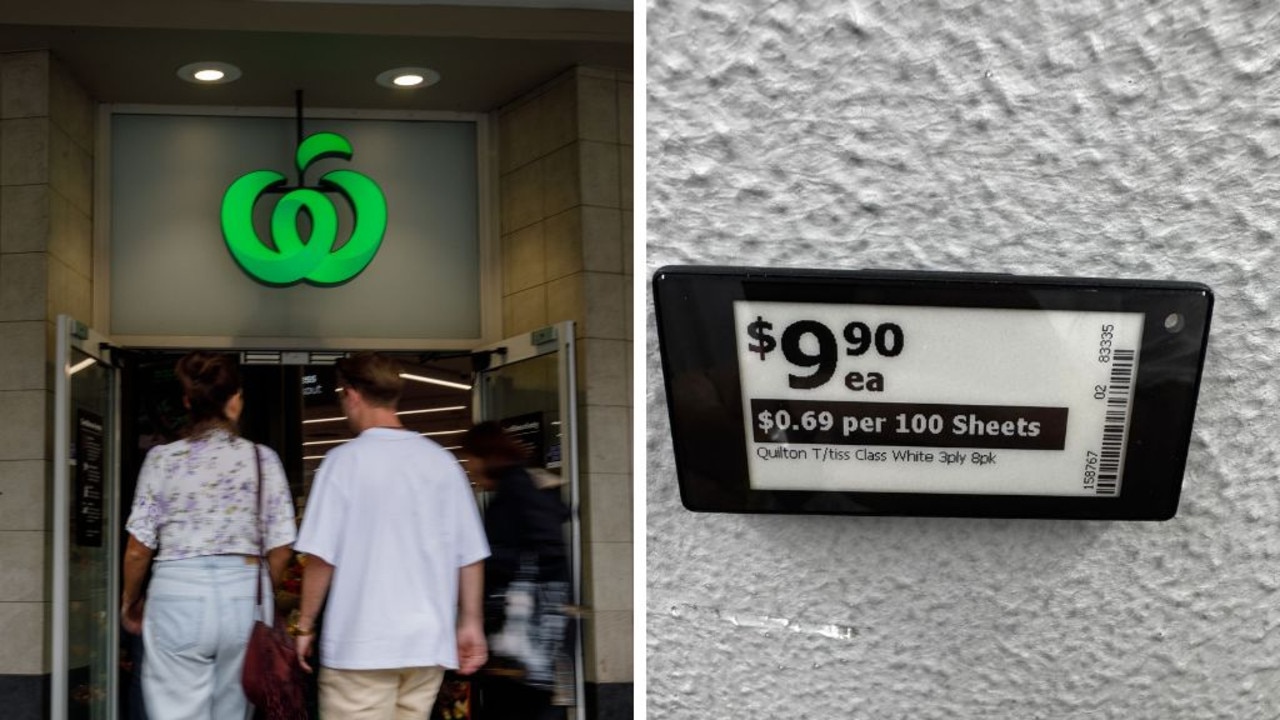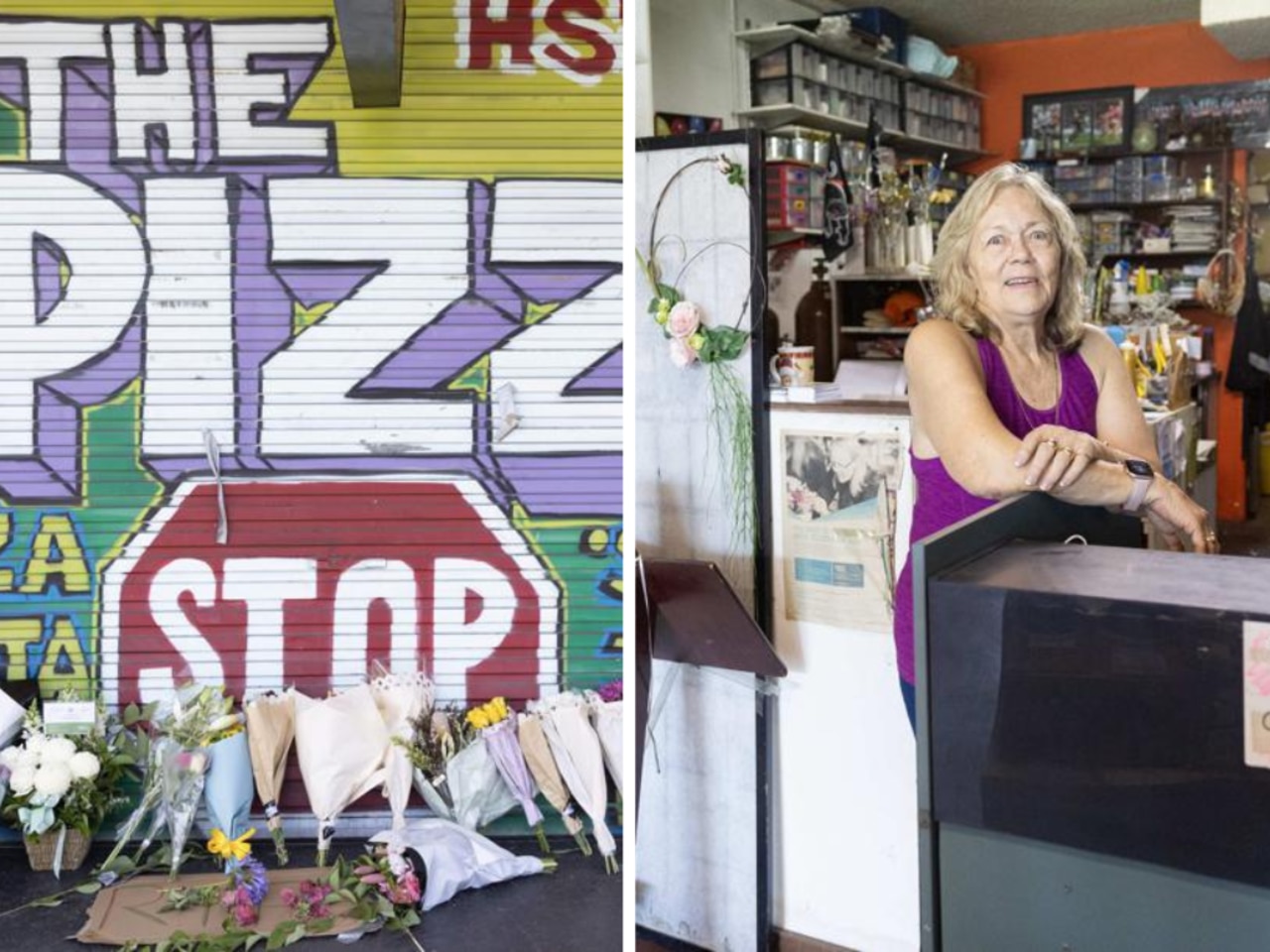Lockout laws: Crime down in Kings Cross and CBD but rises in Newtown, Bondi and Double Bay
INTERACTIVE: Crime is declining in Kings Cross and the CBD while assaults in areas just outside Sydney’s lockout zones have increased since the laws were introduced.
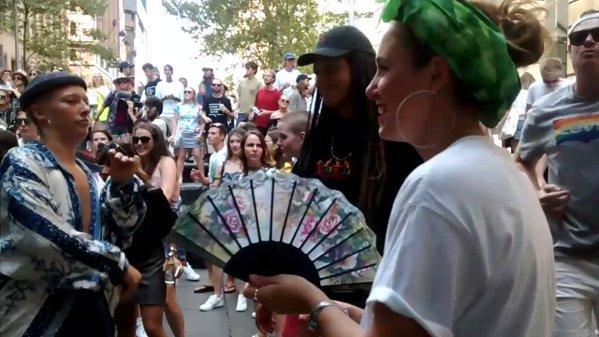
NSW
Don't miss out on the headlines from NSW. Followed categories will be added to My News.
- Michael Thorn: Lockout laws keeping Sydney safe
- Queensland lockout laws scrapped as new bill introduced
CRIME is declining in Kings Cross and the CBD while assaults in areas just outside Sydney’s lockout zones have increased since the laws were introduced, it’s been revealed today.
The NSW Bureau of Crime Statistics and Research study has found an increase of between 11.8 per cent and 16.7 per cent in those spillover areas, such as Newtown, Bondi and Double Bay.
“It remains the case, however, that the decline in assaults in Kings Cross and the Sydney CBD is still much larger than the increase in assaults in the displacement areas,” BOCSAR director Dr Don Weatherburn said in a statement today.
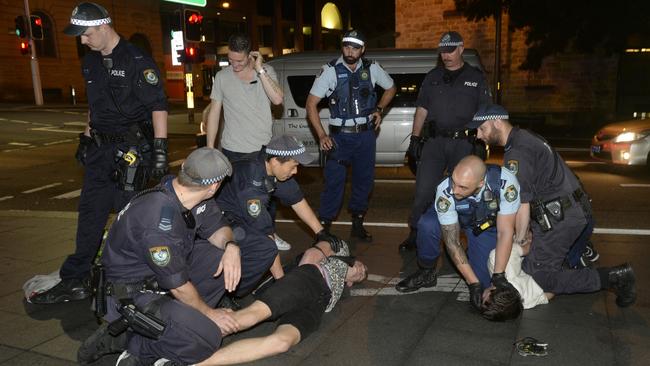
The lockout and last drinks laws were introduced in 2014 to target concentrated alcohol-related violence in Kings Cross and the CBD.
The Keep Sydney Open lobby group argues the spill-over effect of the 2014 lock out laws come as no surprise.
Campaign manager Tyson Koh said anecdotal evidence had already been showing the trend.
He said the drop in the assault figures in the CBD and Kings Cross could also be attributed to several other factors, including the introduction of identity scanners at night venues, the emergence of Uber which helped avoid fights over cabs and the widespread publicity given to the One Punch laws.
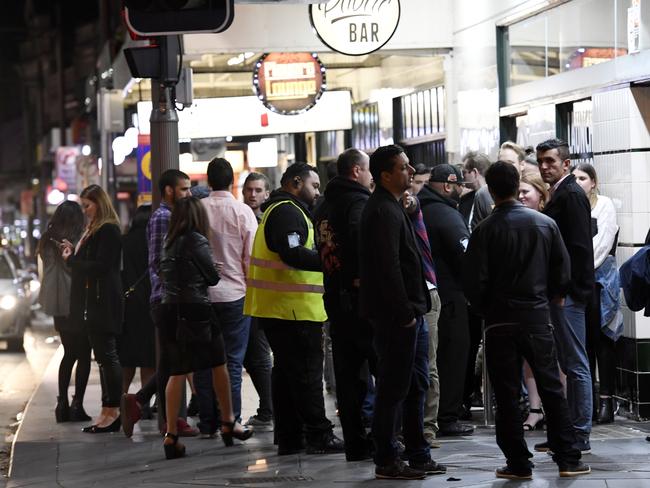
“These factors did a lot to reduce violence generally,” he said.
“We think the lockout laws in those areas were a Band-Aid solution.
“If you look at the casino area in Pyrmont, which saw increased assault rates, that is very troubling because it exposes people to the temptation in gambling.”
The State Government said today the reduction in violence in Kings Cross and the CBD far outweighs the displacement of alcohol-related violence, with a net decrease of more than 600 incidents.
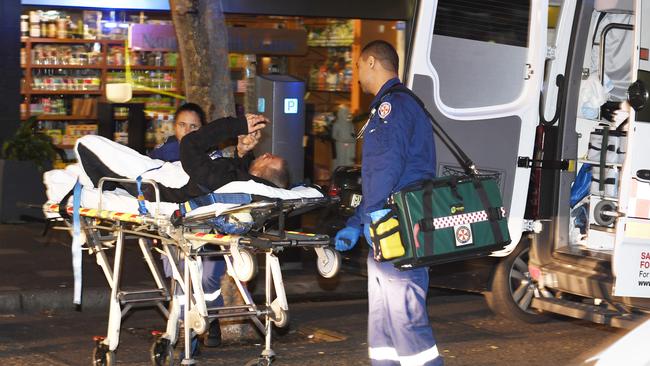
NSW Minister for Racing Paul Toole said that since the lockout laws were introduced, there had been a significant focus on areas surrounding the Kings Cross and CBD precincts, as well as areas such as Double Bay, Bondi and Newtown.
He said the government would continue to address alcohol-related violence wherever it occurs and work to improving public safety in and around all licensed venues and night-time entertainment precincts.
“However, the Government has no plans to expand the scope of the existing lockout area. We will continue to monitor the impact of these laws,” Mr Toole said.
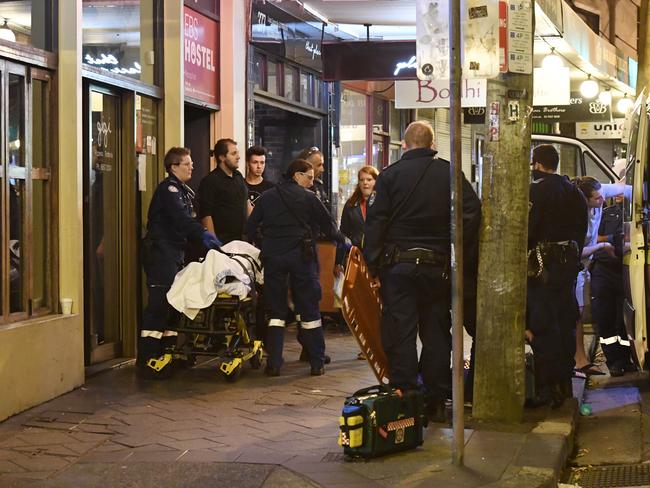
“The community was rightly sickened by the senseless injury and death. There was an intense demand for the Government to do something to put a stop to these tragedies,” Mr Toole said.
“I am fully supportive of a vibrant and safe night-life. As Australia’s international city, Sydney deserves nothing less. At all times, the Government will be guided by the evidence as we fine tune liquor regulations.”
In December, following the Callinan review, lockout and last drinks times for live entertainment venues in Kings Cross and the CBD were relaxed.
Five venues have now been granted extensions to lockout and last drinks times, with Liquor & Gaming NSW considering applications from a further 19 venues.
RESIDENTS COMPLAIN ABOUT MESSY REVELLERS
THE well-heeled residents of Double Bay say they’re not too fussed about a 17 per cent jump in assaults in their area following the lockout laws — it’s the mess left behind by revellers that’s causing a stink.
According to the Double Bay Residents Association, the worst aspect of the displacement effect of the lockout laws was the litter left behind by partygoers from elsewhere.
Early morning cafe society was being greeted by piles of beer bottles and overflowing bins, says the association’s president Mark Silcocks.
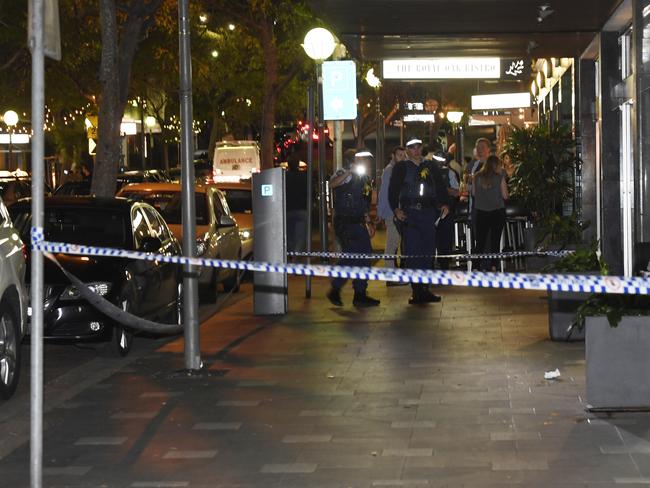
Double Bay imposed street closures in the wake of the lockout law changes, following a “degree of disturbance”, but discontinued the trial after complaints by residents and venues.
“It became a hot point of contention and the trial didn’t continue,” Mr Silcocks said.
“It’s actually the litter that’s a big issue.
“It appears the night time revellers are not too bothered where they leave their beer bottles and so on.”

